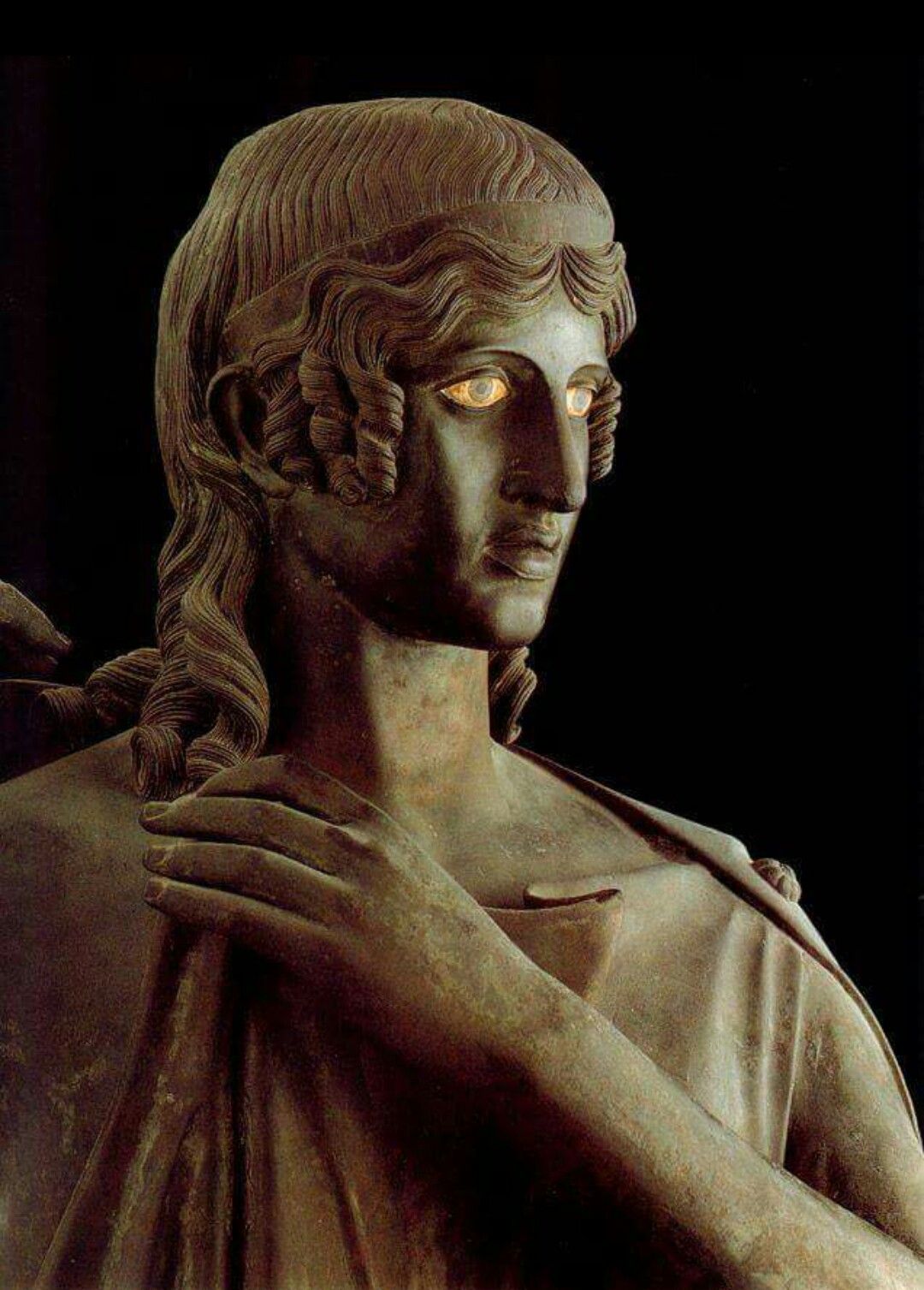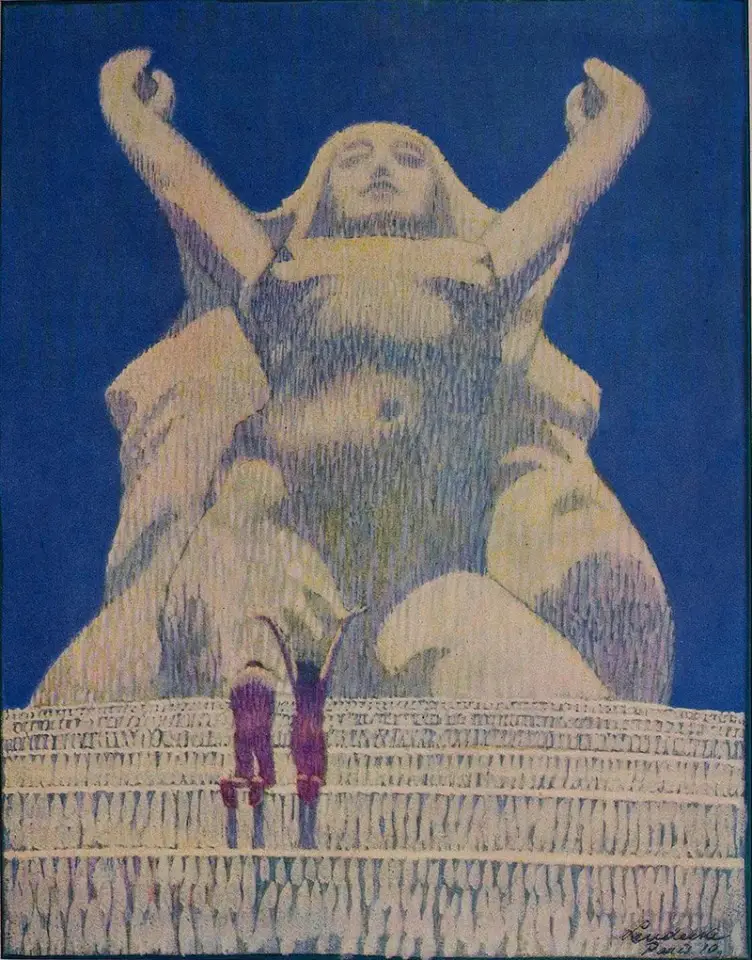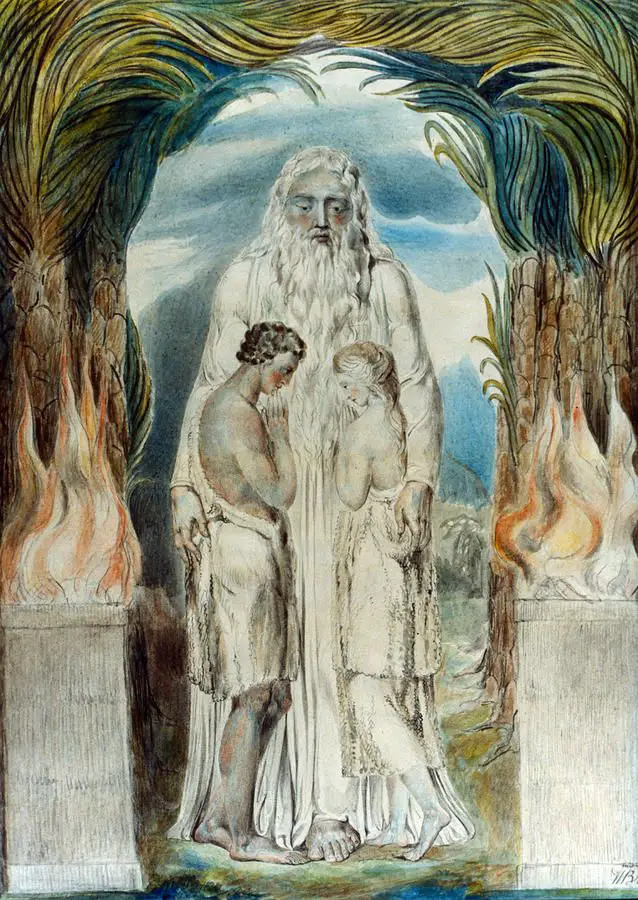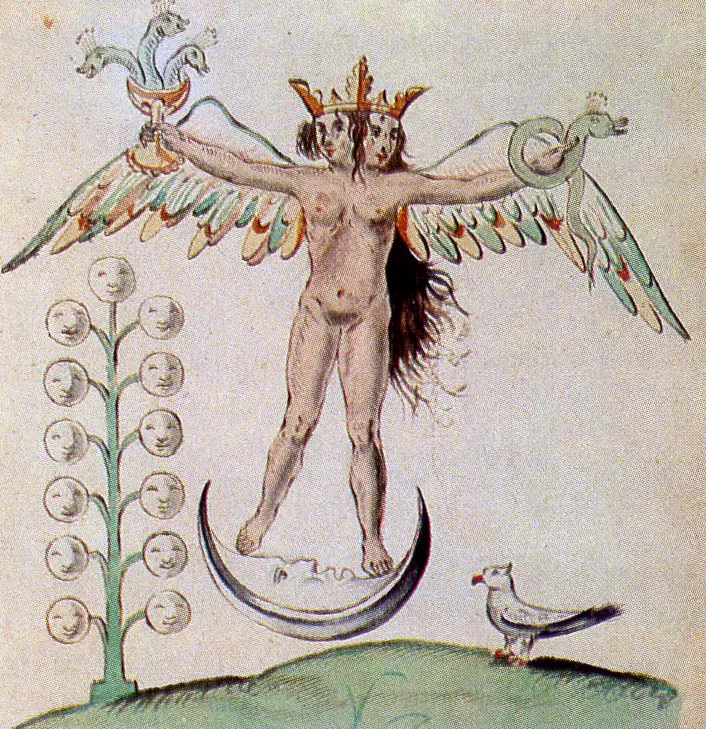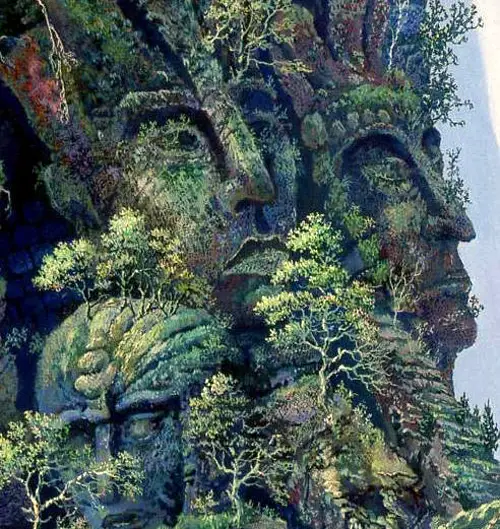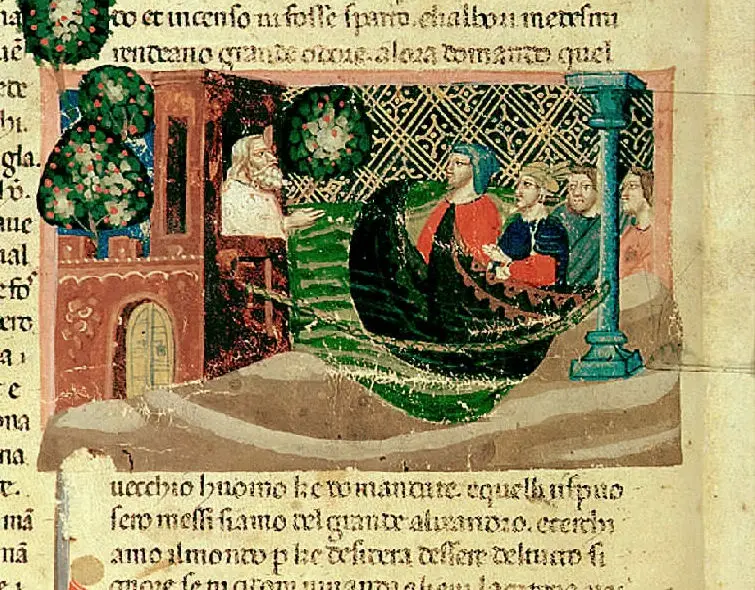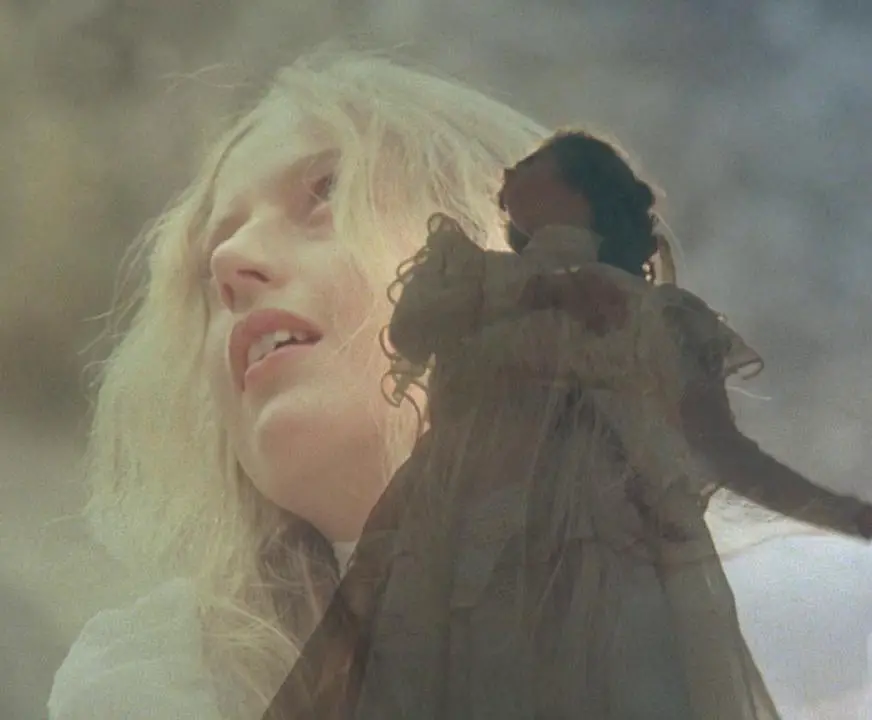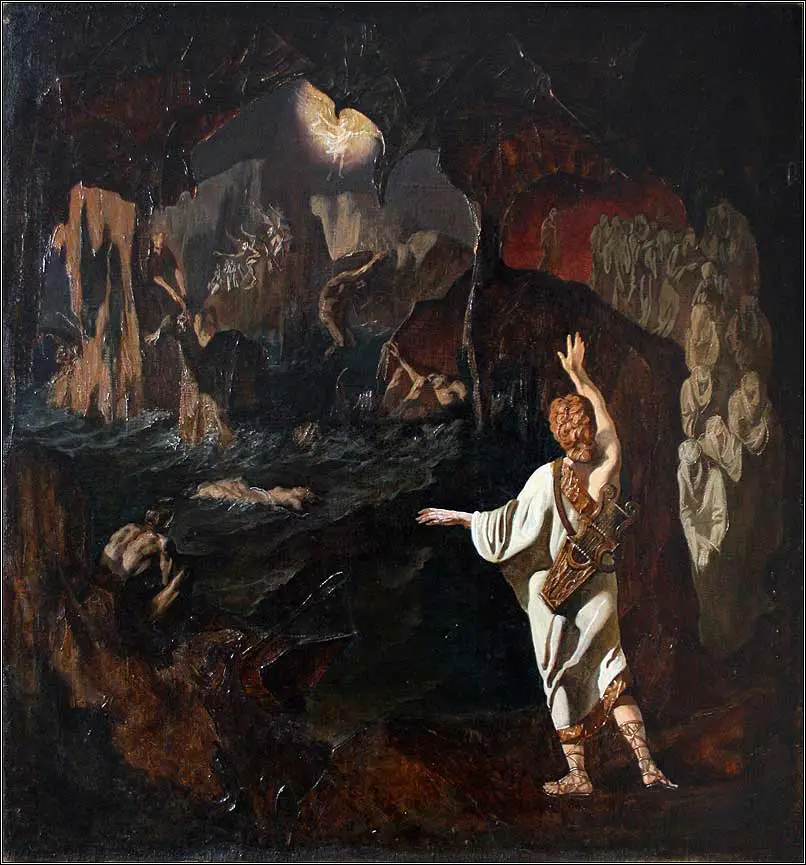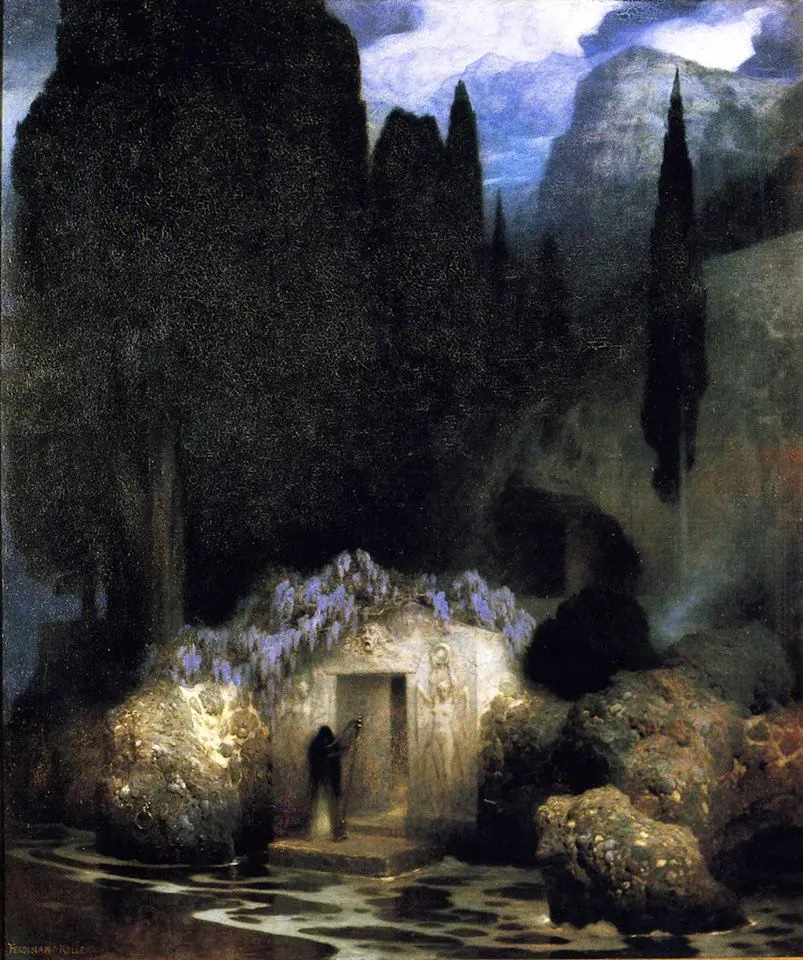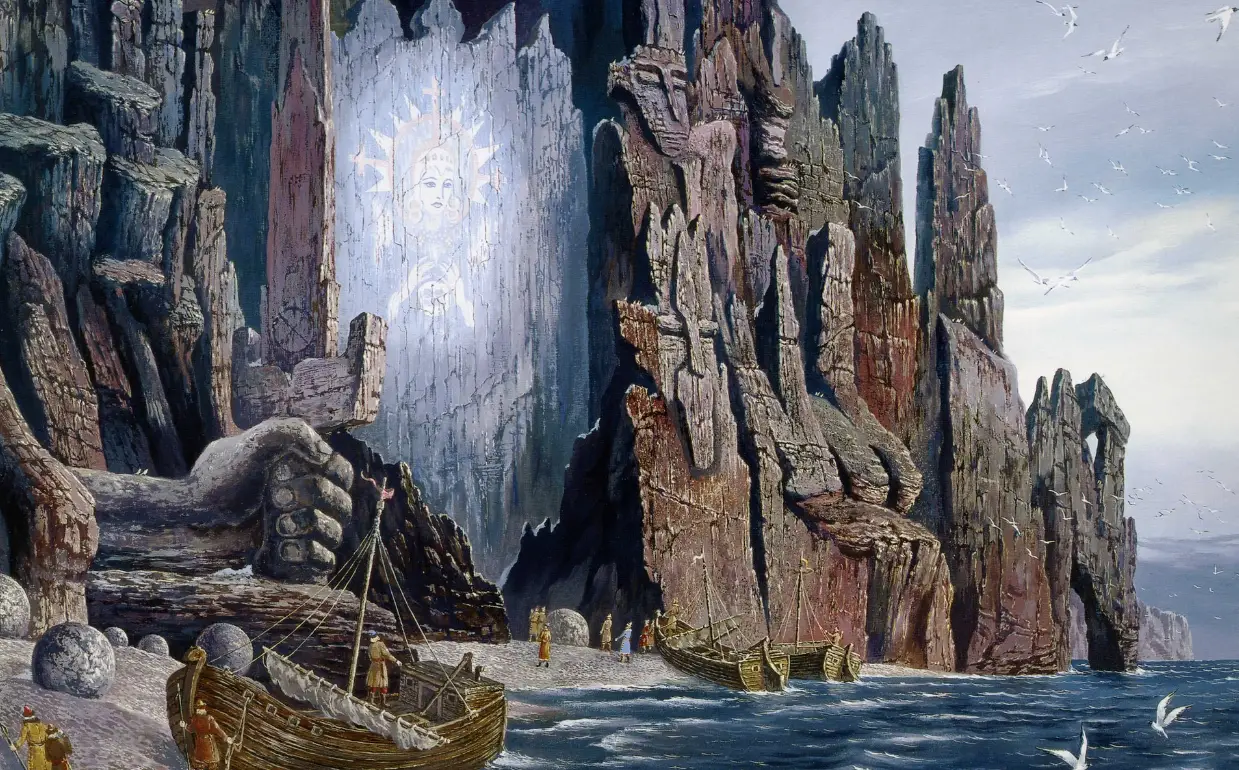Tag: Hyperborea
The Amazons and the Origins: on the theory of "primordial matriarchy"
Beyond the prejudices and ideological constraints that over the centuries have compromised the veracity of historical research, it is necessary to reconstruct a theory of the "primordial matriarchy" that proceeds through the comparison of different studies and does not exclude a priori the hermeneutics of myth: here we try to analyze in a comparative way the working hypotheses of JJ Bachofen, Marija Gimbutas and Herman Wirth
The Second Half of the Paradise Age: Some Preliminary Concepts
In this new appointment of the "Manvantara" cycle we pass to analyze the passage between the first Great Year and the second and, consequently, the 'fall' in form and time and the separation of the two principles male (Adam) and female (Eve) .
The Pole, the incorporation, the Androgyne
The mythical traditions from all over the world speak of an auroral golden age in which Man lived "in the company of the gods": this can perhaps be related to creation "in the image and likeness of God" and to tradition of the Platonic primordial Androgynous, homologue of the kabbalistic Adam Kadmon?
The end of the primordial age and the "Fall of Man"
Notes of a mythical-traditional nature on the esoteric history of humanity in the present Manvantara: from the Golden Age to the "Fall", from the "Sleep of Adam" to the "Original Sin", from the tripartition Adam-Eve-Lilith to the revolt of the Bear against the Boar.
Francesco Petrarca and the search for the last Thule
The poet's adventurous journey in the footsteps of Greek and Latin geographers, in search of Thule, the lost and mythical Hyperborean homeland
“Picnic at Hanging Rock”: an Apollonian allegory
Our analysis of Peter Weir's cult film, making use of the interpretative tools of the anthropology of the Sacred, in particular: the Sacred as "Totally Other" according to Rudolf Otto; the "breaking of level", the "suspension of time" and the theme of access to the Other World by Mircea Eliade; Apollonian symbolism according to the studies of Giorgio Colli.
Ioan P. Culianu: the Hyperborean shamanism of ancient Greece
cover: Ilyas Phaizulline, "Orpheus at the Empire of the Dead"
Introduction
curated by Marco Maculotti
When it comes to "shamanism" [I], we usually tend to think of the Siberian one [II], from which the term itself derives, or to the Himalayan one, which often synchronizes with the Buddhist and / or Hindu tradition, or to that of the native populations of North America, Mexico and the Andes, as well as that of the Australian aborigines. More rarely, the importance of shamanic practices for the Indo-European peoples is emphasized, although the classical sources are not poor in this regard.
Apollo / Kronos in exile: Ogygia, the Dragon, the "fall"
di Marco Maculotti
cover: Ferdinand Keller
Here we aim to bring to a conjunction some cycles of articles published so far in this first year of activity of AXIS world: the cycle concerning i Cosmic-agrarian cults of ancient Eurasia, the one focused on the question of Time and cosmic cycles and finally the series of lectures by M. Ruzzai on the Myth of the polar and hyperborean origin of humanity.
Arctic homeland or "Mother Africa"?
di Michael Ruzzai
cover: Vsevolod Ivanov
Summary of the conference held on Friday 24 February 2017 at Trieste.
After the previous meeting on "The ancient roots of the Indo-Europeans"Of 27/1/2017 also this, which took place thanks to the organization of Daniele Kirchmayer, was introduced by the useful and interesting notes of Fabio Calabrese, who provided a first overview of the issues in question, insisting in particular on strong conformism, ideologically oriented, of current prehistoric research. In fact, as a starting point for the conference, we can certainly say that today the academic world, and also the popular one aimed at a wider audience, is based on two assumptions that tend to present themselves as real "dogmas "Of faith, in truth anything but demonstrated: the" ascending "evolutionism in a more general biological perspective, and the Afrocentrism of human origins in that more specifically concerning our species, Homo Sapiens. We will begin by exposing some points of criticism to these two conceptual a priori and then we will move on to illustrate the more properly constructive elements of the discourse.

